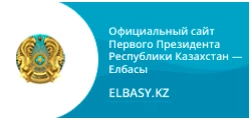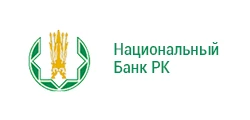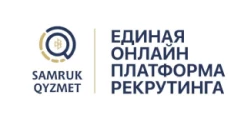General Information
- Home Page
- About Company
- General Information
General Information
Kaztradeneft is one of the largest oil refineries in the Republic of Kazakhstan, and also one of the biggest producers of oil products in the country. The company began operations in 2017 with the goal of processing oil and raw materials from West Kazakhstan’s oil reserves. The company has an annual crude oil production capacity of 3.0 million tons. Kaztradeneft produces a broad range of oil products. Bitumen of various grades (for roads, buildings, and roofing), petroleum coke, liquefied hydrocarbon gases, vacuum gas oil, oil fuel (mazout), and various brands of motor gasoline are among them.
The Complex of Crude Oil Primary Distillation (LK-6U), Complex of Compounding and Oil Product Dispatch, Complex of Crude Oil Advanced Processing (a fuel complex designated as KT-1 for deep processing of fuel oil), and Complex of Heavy Oil Residue Processing comprise several process units such as the Bitumen Production Unit, Delayed Coking Unit, Coke Calcination Unit, Sulfur Recovery Unit, and Sulfur Granulation Unit are all part of the refinery’s structure. The refinery has two major auxiliary units: the Central Refinery Laboratory (CRL), a sizable water supply and sewerage system, and the Oil Sludge Processing Unit and the Hydrogen Production Unit.
As a result of the upgrading project, two new complexes of process units were built and installed at the refinery in December 2020: the Complex of Sulfur Recovery Units and the Isomerization and Naphtha Splitter unit. The purpose of the construction of the 12 new U&O facilities was to enable the regular operation of newly constructed and installed service units. The Crude Oil Advanced Processing Complex, the Crude Oil Primary Distillation Complex, and the Delayed Coking Unit were also renovated. By following these protocols, it was ensured that K-4 motor fuels—diesel and RON-92, 95 gasoline—were produced in compliance with TR CU 013/2021 of the Technical Regulations of the Customs Union.
The company has created utilities and offsite facilities, such as raw feed and commodity tank farms, liquefied gas tank farms, loading and unloading racks for oil product delivery by rail and road, and so on. The refinery has established the prerequisites for work, life, and employee health, and it has a social policy in place. The refinery’s current top priorities include expanding its technological capabilities and producing Jet A jet fuel, a first for the facility, in addition to producing motor fuels that meet ecological classes K4, K5, in the quantities required for the needs of the nation.






